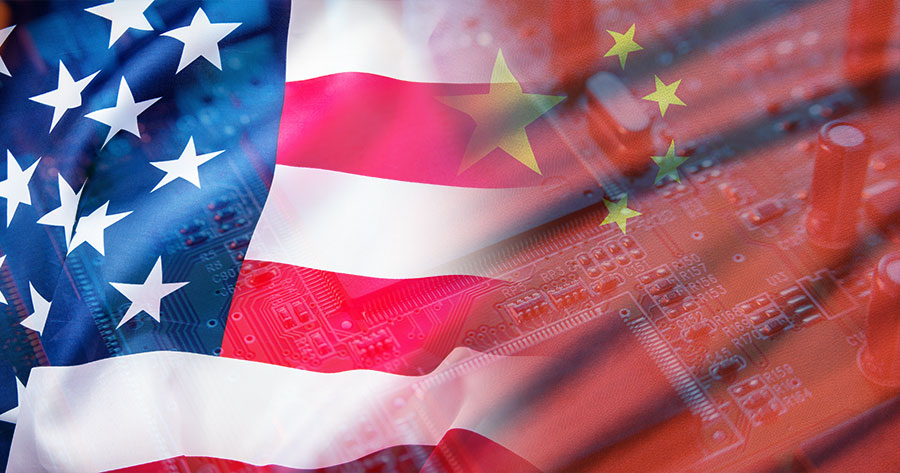According to sources familiar with the matter, Bloomberg News reported that the Biden administration is contemplating implementing additional constraints on China’s access to chip technology used for artificial intelligence (AI).
The proposed measures would potentially restrict China’s utilization of the advanced chip architecture known as gate all-around (GAA). GAA is a transistor architecture that enhances chip performance and decreases power consumption.
In an effort to limit Beijing’s access to cutting-edge AI chips, including those crafted by industry leader Nvidia, the United States has been strengthening trade restrictions. The concerns revolve around apprehensions that China could exploit the technology for military enhancement.
While the rule has not been finalized, initial feedback from industry insiders criticized the initial draft for being overly broad. It remains uncertain whether the prohibition would impede China’s development of its own GAA chips or target U.S. chip manufacturers and other foreign companies from supplying products to Chinese entities.
Furthermore, discussions have reportedly begun regarding potential restrictions on the export of high-bandwidth memory (HBM) chips.
Reuters reported earlier by citing sources familiar with the matter that Nvidia’s latest AI chip for the China market has faced a slow start, leading to oversupply and pricing pressure when compared to a competing chip from Huawei.
During Nvidia’s Q1 earnings call, CFO Colette Kress expressed concerns about the company’s business in China, noting a significant downturn in revenue from the data center business in the country due to sanctions. They anticipate continued market competitiveness moving forward.





